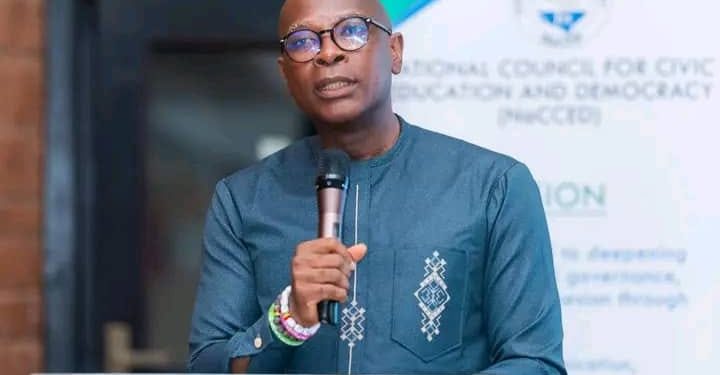By Hassan Osman Kargbo
In light of escalating tensions with the Sierra Leone Teachers Union (SLTU) over the recent West Africa Senior School Certificate Examination (WASSCE) complications and school funding concerns, Minister of Basic and Senior Secondary School Education Conrad Sackey has provided clarifications during a press briefing held on November 19, 2024. The Minister’s statements came as the SLTU issued threats of strike action should the government fail to address longstanding issues affecting educators and students alike.
During the briefing, Sackey outlined the changes initiated by the West Africa Examination Council (WAEC) related to the examination process, particularly the introduction of Continuous Assessment Scores (CASS) in 2021. He noted that this system, which requires schools to electronically submit candidates’ grades, has been adopted across all participating West African countries. However, he acknowledged that its rollout faced challenges, with many schools failing to upload student grades. This failure resulted in thousands of students being excluded from the WASSCE, a situation Sackey has called unacceptable.
The Minister expressed concern over the impact of the new CASS requirements on student eligibility, particularly highlighting that candidates who do not pass WASSCE cannot retake the exam for three years unless they complete the CASS. In response to the fallout from these rules, Sackey revealed that President signed an Executive Order allowing funding for 10,000 impacted students to take a private WASSCE. However, the registration process was flawed, leading to discrepancies that ultimately left 6,000 students eligible after accounting for duplicates.
Regarding the issue of withheld results, Sackey stressed that WAEC adheres to strict protocols that affect all member countries. He explained that threats of examination malpractice lead to the cancellation of results if a student is found in violation, underscoring the importance of maintaining integrity in the examination process. This topic resonated deeply with educators, many of whom worry about the negative implications of such regulations on students’ futures.
Amidst discussions of student examinations, Sackey also addressed the ongoing issue of school subsidies. He confirmed that the government has struggled to disburse funds effectively for ongoing school terms. While reassuring the public of transparency, he cited issues with community banks mismanaging funds intended for schools, which has caused additional frustration among educators. The Minister made it clear that the government is committed to ensuring that subsidies reach their intended recipients, and he expressed his intention to deliver evidence of the allocated funds to the SLTU.
As the SLTU weighs its options for potential strike action, Sackey maintained that negotiations regarding salaries and other benefits had already been addressed. He appealed for patience as the government works through the administrative challenges affecting school subsidies, highlighting a hopeful outlook on resolving these pressing matters.
With education in Sierra Leone at a crucial juncture, both the Minister and the SLTU face the urgent task of finding collaborative solutions that assure the welfare of students, educators, and the integrity of the examination system. As the situation evolves, the outlook for Sierra Leone’s education sector hangs in the balance, as stakeholders seek to balance regulatory compliance with practical educational outcomes.










